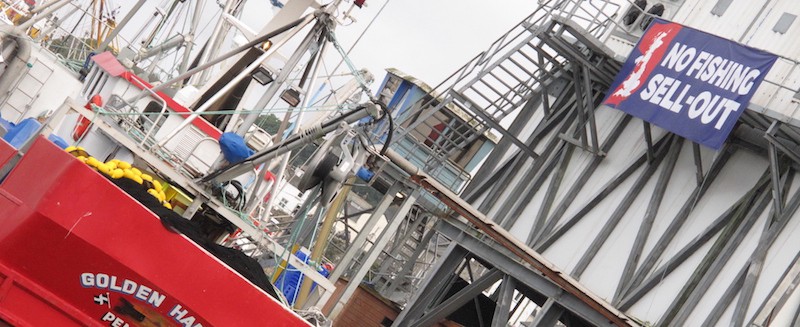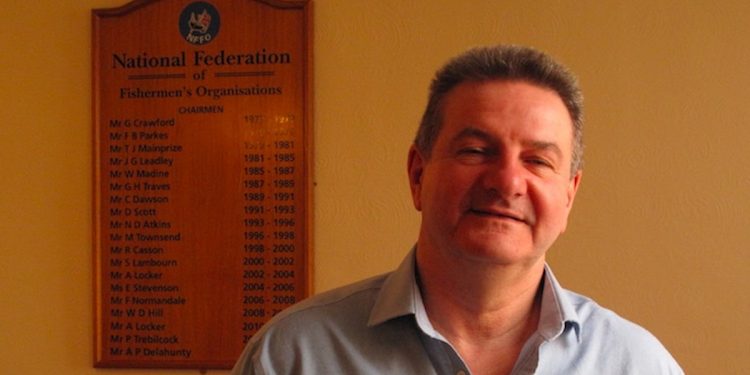Negotiations between the UK and the EU now hinge on whether the EU will move a sufficient distance on quota shares that will allow the UK to grant a level of access to UK waters and to sign a deal, according to NFFO chief executive Barrie Deas.
‘Both sides are politically committed to finding an agreement but the distance between the parties is vast,’ he said.
‘Conventional wisdom would suggest a split the difference approach could resolve the matter but that would be to miss the essential point.’

He commented that at stake is the principle of the UK’s unhampered ability to act as an independent coastal state after the end of the transition period – with the UK government acutely aware that it cannot surrender those rights without having to face leave voters who would be asking what Brexit was for in the event of a climbdown.
‘There is a reason that the UK Prime Minister, in his recent call with Commission, underlined the importance of fishing. It is because fishing is an immediate litmus test for Brexit. What Brexit means for the UK’s trade relations with the EU and with the rest of the world won’t be fully known for years – if not decades,’ Barrie Deas said.
‘We will know if there has been a good or bad deal, or no-deal, on fisheries by the end of this year. Fishing has a political immediacy. That is why I do not believe that we will see a repeat of the 1970s when fishing was considered expendable.’
He added that as long as talks continue, there will be speculation.
‘The NFFO and the Scottish Fishermen’s Federation have made clear what they would consider an acceptable deal with the EU,’ he said. ‘The final outcome, if there is to be an agreement, will be judged against those criteria and against the fisheries agreement recently signed between the UK and Norway – a model of how two coastal states should co-operate together on the sustainable management of shared stocks.’









